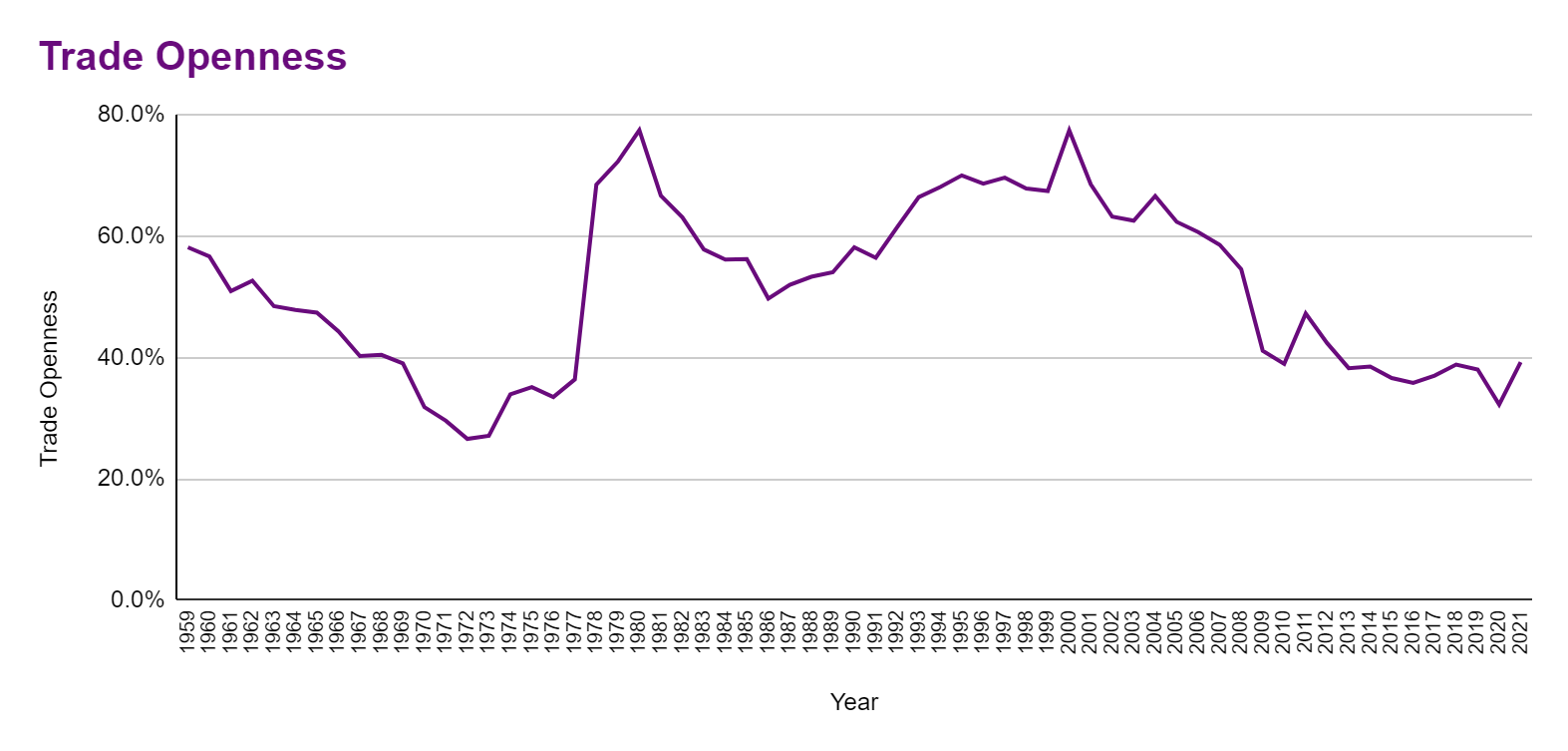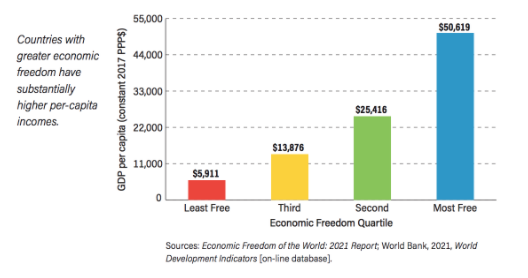By Ravi Ratnasabapathy
Sri Lanka achieved ‘independence’ seventy years ago. What does this mean? What we achieved was self-government – the ability to elect our own rulers; but as a society did we become freer? We are no longer administered by rulers appointed from afar but is the citizenry free?
Representative, constitutional democracy is the best means known for keeping rulers accountable. Contrary to popular belief its real benefit is in removing bad leaders, not in choosing good ones.
To get elected politicians may lie or may make meaningless appeals to emotion, only a handful truly understand the problems or have real intent on solving them. Citizens have to sift truth and assess ability with minimal information. There is no way to know how a politician will perform once elected.
As a system for choosing leaders, it fares poorly but citizens can remove the really bad ones. This is the most important, maybe even the only real check that citizens have on power.
Thus while democracy is an improvement on colonialism, it does have its limits. Power remains in the hands of fallible human beings but at least the bad can be booted out. It is a good way to make a few big decisions-once elected the politician has little concern with the citizen until the next election-but it is best to leave smaller ones in the hands of citizens themselves.
What matters in daily life is personal freedom.
The Government intervenes heavily in the economy, its motives driven by corruption and the protection of special interests. They benefit a few to the detriment of the many. Fiscal prudence must be restored and cuts made to the size and scope of Government spending. This regime was elected on mandate of good governance, so they should use the mandate to restore the personal freedom of the citizenry in all spheres of life
Freedom is about not being limited by in ones actions by threats, coercion or interference of others – specifically, other individuals or institutions, such as government or religious bodies. The only good reason to interfere with people’s freedom is to prevent them doing or threatening actual harm to others.
Freedom is guaranteed by laws that restrain the power to interfere in people’s lives. The role of Government is to uphold the rule of law. As Francisco de Paula Santander (1792-1840), Colombian soldier and statesman said “Weapons have given you independence. Laws will give you freedom”.
Colonial laws
Sri Lanka has no bill of rights and we inherited some colonial laws that intrude into personal freedom.
For example, articles 365 and 365A of the Penal Code are widely considered to criminalise homosexuality and are used to arrest, detain, harass, intimidate, blackmail and shame. The Vagrant’s Ordinance is used to harass, arrest and detain sex-workers, and is also used to criminalise the poor, mentally ill, disabled and other vulnerable people. Abortion is illegal except to save the life of the mother. Half the population, women, are discriminated in the Thesawalami, Kandyan and Muslim laws.
These are questions of morals, customs and ethics, things that concern individual citizens. It is individuals who must tussle with these issues, not the law. In any case the law should apply equally to everyone, regardless of gender, race, religion or language.
We may well detest other people’s morality, religion, political views or lifestyle. We may worry that they are harming their health but these are not valid reasons to interfere in the lives of others. Minors should be protected but consenting adults should be left in peace.
Any regulation should focus on limiting public harm, not protecting morality. Strict laws on drunk driving, prohibition on sale of alcohol to minors or limiting public smoking may make sense but the recent foray of state policy, through punitive taxation and restrictive laws to stop the consumption of alcohol and tobacco is wrong.
There are licenses and taxes that most countries impose but they must be reasonable. The fact that some people disapprove of something is no reason to restrain others. The goal of taxation should be the raising of revenue, not punishment.
It is a fact that individuals disagree on things. What is the interest of one is not necessarily of the other. When one is called to give up some freedom for society what happens in reality is the sacrifice of one set of interests to another, there is no real common interest.
Self interest of politicians, officials
When the state makes laws, a choice will be made over many conflicting sets of interests-a choice in which only one side can win. The process of lawmaking is tainted by the self- interest of politicians, officials and lobbyists. It can lead to minority groups being exploited and their liberties curbed.
Therefore the passing of laws, especially those that curb rights should only be resorted to only when strictly necessary. Calls to curb or ban activities must be viewed sceptically. For example, why is horse racing banned in Sri Lanka? This may not be an important example but the problem is ‘mission-creep’ restrictions start innocuously but then keep expanding.
If freedom is to be restricted it should be up to those who want to do so to show why this is both necessary and sufficiently beneficial to warrant it. Election success does not license the winning majority to treat other people exactly as it chooses.
The philosopher John Locke listed life, liberty and property as basic freedoms: people have a right to live, to do as they please (provided they do not infringe the equal right of others) and to enjoy all that they own.
Locke’s concept of property was not limited to land, he claimed people had property in their own lives, bodies and labour. They deserved to own the things that they had spent personal effort in creating and ownership should be secure under the law.
Sri Lanka’s emergency regulations and the Prevention of Terrorism Act granted the authorities sweeping powers of search, arrest, and detention, which have led to arbitrary detention, torture, and enforced disappearances. The Government has been widely criticised for abuses against political opponents and innocents, particularly minorities who claim to have been targeted purely on suspicion.
These laws remain even nine years after the end of the war. For at least some, the right to life could be under threat. The right to property has also been under attack.
Land, houses and businesses were expropriated by law. Laws were passed limiting what property citizens could own and how they could use it. For example, land classified as paddy land can only be used for paddy, not other crops or purposes. Restrictions apply to the sale of tea, rubber and coconut land. Never mind that people may no longer want to farm or have other needs, such as housing. The colonials also confiscated land but there is no need to repeat the error.
Land reforms
Whether the exercise even benefited society is doubtful, certainly Sri Lanka never became rich as a result.
Land reforms, ostensibly to help the poor, weakened a fundamental pillar of freedom-the right to hold what we own. Once personal property is no longer sacrosanct a precedent is set for future abuse: witness the complaints of the poor evicted from their homes in Colombo or the plight of some of the displaced in the conflict zone, denied access to their land. Laws enacted to reengineer society for the betterment of the weak have created the conditions for their oppression.
Money, lawfully earned cannot be used as we wish. Exchange Controls, introduced in 1953, later expanded and later partially reversed dictate how we spend our own money. At one time it was impossible to travel abroad, spend on overseas education or buy anything imported unless deemed “essential” by the state. Thankfully some rules have been relaxed but try sending money to relatives overseas (for medical or other reasons) or remit the proceeds of property sales and we face obstacles. Are these trivial issues? Perhaps, but even so why? Colonial Ceylon had no restrictions but independent Sri Lanka does. Problems of mismanagement of finances by the Government translate to restrictions on citizens.
If citizens, even if displaced or poor, feel their rights are infringed they should be able to seek justice through the courts. Few seem to try. The system of justice has corroded. The courts exist and the police exist but are they independent enough to uphold and enforce the law? Can an ordinary person hope to win in court against a politician?
A new regime is in power, when they celebrate independence they must reflect on the state of personal freedom.
The purpose of Government should be to expand freedom, not restrict it.
New constitution
A new constitution can help protect natural justice: enshrine the due process of the legal system, ensure equal treatment; and define a personal sphere into which legislation and officialdom can never intrude.
They must recognise that people’s beliefs, lifestyle or morals vary. There is no common agreement on what is acceptable, unacceptable, tolerable or intolerable. As long as no harm is done to others the state should not intervene in such matters, legislation that permits this should be rolled back.
The independence and integrity of the system of justice must be restored.
The Government intervenes heavily in the economy, its motives driven by corruption and the protection of special interests. They benefit a few to the detriment of the many. Fiscal prudence must be restored and cuts made to the size and scope of Government spending.
This regime was elected on mandate of good governance, so they should use the mandate to restore the personal freedom of the citizenry in all spheres of life.
Ravi Ratnasabapathy is a resident fellow at the Advocata Institute.









